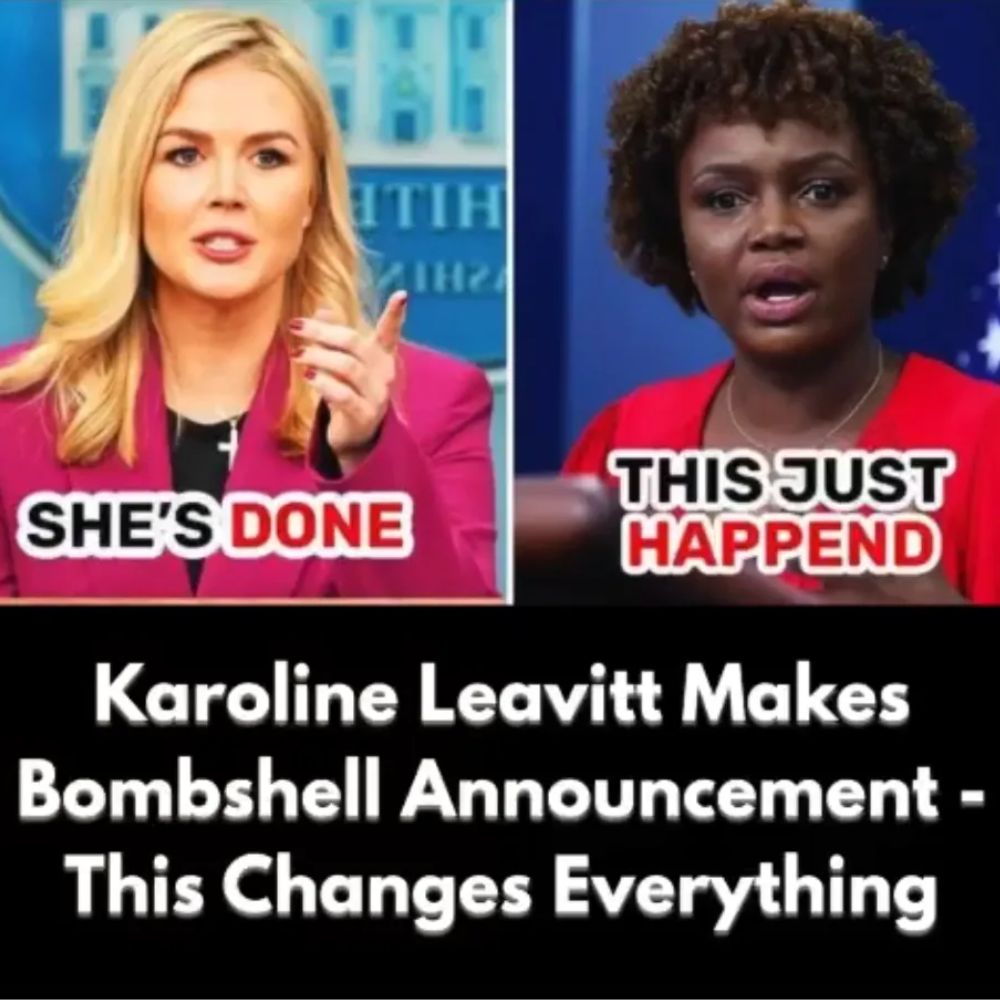Karoline Leavitt Rebukes CNN Over Elon Musk Security Clearance Amid National Debate on Outsider Roles in Government

In a press briefing that quickly became a focal point for discussions on transparency, national security, and government innovation, White House Press Secretary Karoline Leavitt delivered measured but pointed responses to CNN’s Kaitlan Collins regarding Elon Musk’s status as a special government employee (SGE). The exchange, occurring in the presence of senior officials including Middle East envoy Steve Witkoff and National Security Advisor Michael Waltz, underscores the growing tension between media scrutiny and the integration of high-profile outsiders into federal operations.
I. The Briefing: A Flashpoint in Vetting and Transparency
A. Setting the Stage
The session began as a standard update on domestic and foreign policy matters but quickly pivoted when Collins zeroed in on Musk’s official role and security clearance.
B. The Questions That Sparked It All
Collins asked directly: “Can you confirm that Elon Musk is a special government employee? And what kind of security clearance does he have?”
Her line of questioning seemed designed to probe the administration’s vetting process, especially given Musk’s highly public profile and his position with the Department of Government Efficiency (DOGE), the federal initiative focused on streamlining bureaucracy and eliminating waste.C. Leavitt’s Measured Response
Leavitt affirmed Musk’s status: “I can confirm he’s a special government employee… and he’s in full compliance with federal law.”
Pressed for further details about Musk’s clearance level and background check, Leavitt declined to provide specifics, citing a need to maintain operational security. Her concise response signaled both confidence in internal vetting and a careful avoidance of engaging in speculative debate.
II. Elon Musk in the Halls of Power
A. The Rise of the Special Government Employee
Musk’s role reflects a broader trend: leveraging nontraditional, high-profile figures to inject private-sector innovation into government functions. As an SGE, Musk’s mandate at DOGE is operational, designed to modernize federal processes and accelerate bureaucratic efficiency.
B. Why the Vetting Process Matters
Supporters emphasize Musk’s entrepreneurial acumen and his potential to transform inefficient systems. Critics, however, point to the unconventional nature of his appointment and caution that national security considerations may be compromised if standard protocols are bypassed. Leavitt’s insistence on compliance reflects the administration’s effort to assure the public that Musk’s prominence does not exempt him from oversight.
C. Balancing Transparency and Security
The exchange highlights a perennial tension: how much information about clearance processes should be public? Too much disclosure could jeopardize sensitive operations, while too little fuels speculation and erodes trust. Leavitt’s refusal to elaborate can be seen as a calculated effort to maintain this balance.
III. Political Theater or Necessary Oversight?
A. CNN’s Motive: Due Diligence or “Gotcha” Journalism?
Collins’ persistent questioning represents a wider media trend: examining nontraditional appointments with intense scrutiny. Observers debate whether this constitutes responsible oversight or performative adversarial reporting.
B. Expert Commentary
Some praised Leavitt’s composure and clarity, noting she effectively communicated the administration’s confidence in the vetting process. Others contend that withholding specific details perpetuates uncertainty, fueling suspicions that high-profile appointments might circumvent traditional checks.
C. Trust and Public Perception
The episode illuminates the fragile trust between the government, the media, and the public. When a globally recognized figure like Musk enters federal service, every detail — or lack thereof — becomes a focal point for controversy.
IV. Musk: Innovator, Strategist, or Liability?
A. Operational Role Beyond Tech
Musk’s work with DOGE is more than symbolic; it is intended to disrupt entrenched bureaucracies and implement private-sector efficiency at the federal level.
B. Security Clearance Debate
While Leavitt emphasized Musk’s full compliance, critics argue that his nontraditional trajectory raises potential security concerns, particularly amid rising cyber threats and global instability.
C. Implications for Federal Collaboration
Musk’s appointment signals a broader initiative to bridge Silicon Valley expertise with government operations. However, it raises critical questions: at what cost does innovation proceed when traditional vetting norms are tested?
V. Implications for the Future of Governance
A. Vetting in a New Era
The administration has reiterated its commitment to thorough background checks, yet Musk’s appointment has reignited calls for transparency in how SGEs are vetted — especially when they influence policy and federal systems.
B. The Media’s Role: Accountability or Weaponization?
The Leavitt-Collins exchange exemplifies the delicate balance the press must strike: holding government accountable while avoiding the perception of politicized “gotcha” reporting.
C. Musk’s Legacy in Government
Whether Musk proves to be a transformative force or a controversial anomaly, his presence has already accelerated changes in how the federal system engages with private-sector innovators.
VI. Conclusion: Accountability Meets Disruption
The briefing between Leavitt and Collins was more than a test of composure; it was a microcosm of modern governance challenges. By affirming Musk’s compliance while limiting disclosure, Leavitt signaled that the administration is betting on innovation without compromising oversight.
As media scrutiny intensifies and public expectations evolve, the federal government faces a critical juncture: balancing transparency, national security, and efficiency in a landscape increasingly shaped by high-profile, nontraditional actors. Musk’s role will continue to provoke debate, potentially reshaping the intersection of private-sector ingenuity and public service in the 21st century.